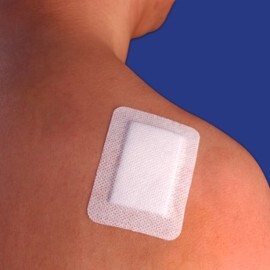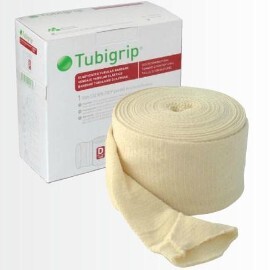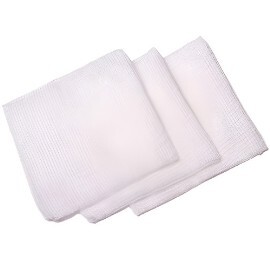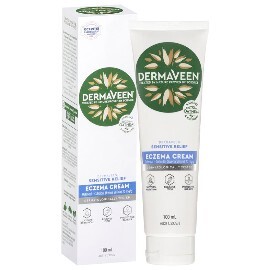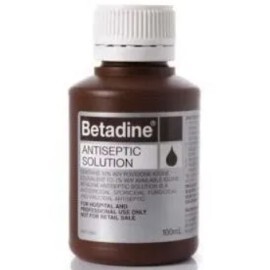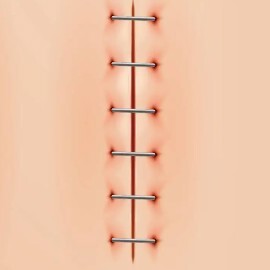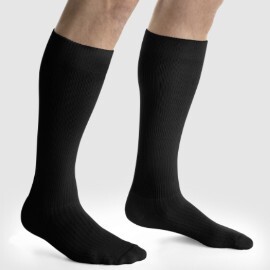FAQs
What types of wound care products do we offer?
We provide a diverse selection of wound dressings and antiseptic solutions tailored to different medical needs. Our range also includes gauze swabs for cleaning and protection, sutures for secure wound closure, sodium chloride for gentle wound irrigation and compression socks to promote healthy circulation during recovery.
Whether you're caring for minor cuts or need post-operative supplies, our products allow for safe and optimal treatments.
How do I choose the right wound care product for my needs?
Selecting the right wound dressing product considers factors like wound type, size, moisture level and infection risk:
- Type of wound — For minor wounds, such as cuts and scrapes, simple gauze or low-adhesive dressings provide sufficient protection and cleanliness. More complex wounds, like ulcers or surgical sites, benefit from hydrocolloid dressings, which maintain a moist environment, may aid in tissue regeneration and provide a barrier against contaminants.
- Wound size and depth — Larger or deeper wounds may need absorbent dressings, such as alginate or foam, to handle exudate and prevent the surrounding skin from softening, which may otherwise delay healing.
- Moisture levels — Wounds with high exudate levels require dressings like foams or hydro fibres that absorb moisture while preserving the ideal balance. This helps reduce the risk of bacterial growth and may promote faster recovery. For simpler, superficial wounds, gauze swabs can also effectively absorb excess fluid, keeping the wound clean and reducing the risk of maceration.
- Risk of contamination — Antimicrobial dressings, which may contain silver or other agents, add a layer of protection against bacterial contamination, making them ideal for wounds in high-risk areas or where infection could severely impact healing.
- Circulation needs — For individuals with circulation challenges, such as those with diabetes or venous insufficiency, compression bandages or socks can enhance blood flow to the affected area, supporting wound healing and helping prevent complications like clotting.
- Wound location — Wounds located in areas with frequent movement, such as joints or hands, require flexible dressings that can adapt to motion while maintaining secure coverage. In contrast, wounds over pressure points, such as the heels or elbows, benefit from padded or cushioned dressings to lower the risk of further irritation or breakdown due to constant pressure.
Are your wound care products suitable for sensitive skin?
We provide wound dressings and medical tapes specifically designed for sensitive skin. Our range of gauze swabs is crafted from soft, non-abrasive materials suitable for all skin types.
Do you offer products for chronic wounds or ulcers?
Yes, we offer calcium alginate dressings suitable for managing moderate to heavily exuding chronic or acute wounds including those with minor bleeding. When in contact with wound exudate, the dressing transforms into a soft, moist gel that absorbs excess fluid while supporting the natural healing process.
Can I use these products for post-surgical wound care?
We provide specialised post-operative wound dressing products designed for optimal protection. These dressings feature a waterproof barrier, a highly absorbent pad to manage wound exudate and a low-allergy adhesive to reduce potential irritation.
How often should I change my wound dressing?
The frequency depends on both the type of dressing used and the nature of the wound:
- Waterproof bandages — Change every 1 to 3 days.
- Calcium Alginate dressings — Change every 5 to 7 days.
- Silver dressings — Change every 3 to 7 days.
- Hydrogel dressings — Change every 2 to 3 days.
- Hydrocolloid dressings — Change every 5 to 7 days.
- Wet-to-dry dressings — Change every 4 to 6 hours.
- Dressings for closed surgical incision wounds — Change every 2 days.
- Dressings for moderate exudate wounds — Change every 2 to 3 days.
- Dressings for heavily exuding wounds — Change daily or whenever the dressing becomes saturated.
Do you provide bulk purchase options for healthcare facilities?
Yes, we offer bulk purchasing options for healthcare settings such as hospitals, clinics, nursing homes and dental practices. For further details on bulk purchases, please contact our sales team.
How can I prevent wound infection?
Follow these steps to avoid contamination:
- Use sterile solutions like sodium chloride to flush out debris and bacteria, ensuring the wound is clean and prepared for healing.
- Apply a layer of antiseptic solution to create a protective barrier and kill harmful bacteria on the wound surface.
- Cover the wound by applying a sterile wound dressing. Change the dressing as needed based on the wound’s condition and medical advice.
- Always wash your hands thoroughly before handling the wound.

